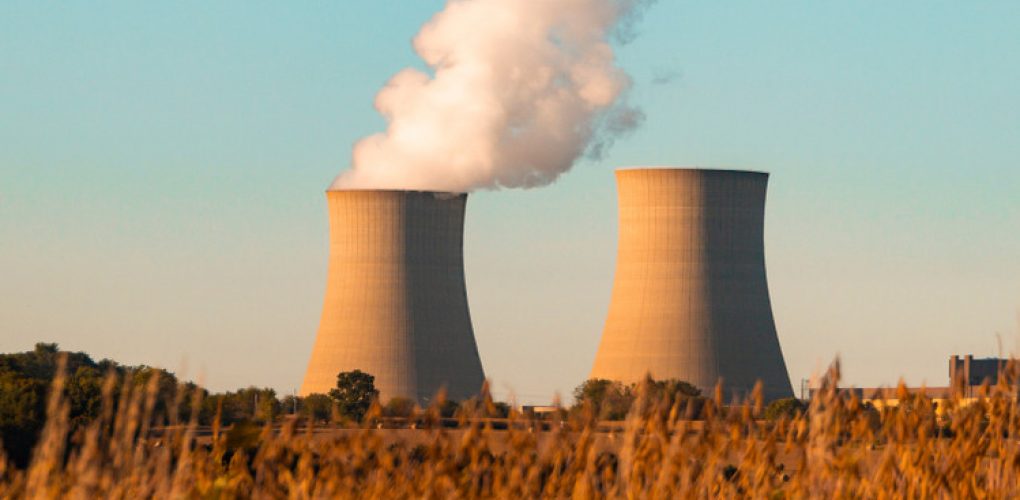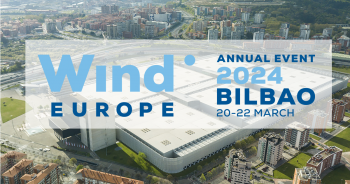The United Arab Emirates have embarked on a real energy transition policy, of which the development of nuclear energy is a major element.
Organized by ENEC (Emirates Nuclear Energy Corporation), Business France and GIFEN, the exhibition E-Fusion is a key event for French companies specialized in the nuclear sector to meet with local companies.
The needs in terms of operation and maintenance of nuclear power plants are permanent and will continue to be so, making the UAE a priority market for the French nuclear industry.
“Altea Energy supports key players in the nuclear industry in taking up a major challenge to achieve carbon neutrality by 2050: finding qualified resources to meet the increase in their needs, particularly related to the maintenance and upgrading of nuclear power plants, the construction of new plants, and the management of used equipment and its dismantling.”
Guillaume ESCOUBAS, Account Manager – Nuclear Practice at Altea Energy
Come and meet our team and discuss on our Altea Energy stand!
PRACTICAL INFORMATION
Abu Dhabi and Barakah, United Arab Emirates
From September 20 to 21, 2022
Visit the forum’s website: https://www.businessfrance.fr/e-fusion-emirats-arabes-unis
ABOUT ALTEA ENERGY
Altea Energy facilitates the connection between the best energy experts and companies for the success of tomorrow’s energy projects.
Since 2008, Altea Energy has selected and mobilized thousands of consultants on more than 300 projects in the oil and gas, renewable energies and nuclear sectors. We support our clients on all types of energy projects, from projects of national interest for local authorities to private mega projects and consortium projects.
Altea Energy mobilizes consultants in more than 100 countries, with a strong presence in Europe, Africa, Middle East and South America, in full compliance with local laws and regulations.
Find out more about our services in the nuclear industry: https://altea-energy.com/select-an-expert/nuclear/
ABOUT NUCLEAR INDUSTRY
As explained by the Express in its dossier “Nuclear: the revenge of the atom”, since the COP26 in Glasgow, which took place at the end of 2021, reinforced by the context of the crisis in Ukraine with the sudden steep increase of prices and the concern about the electricity supply in many countries, the atom has returned to the agenda of many countries.
In France, of course, with the Belfort plan announced by Emmanuel Macron. But the move is global. Great Britain, China, the United States, but also Egypt, the United Arab Emirates, Indonesia, India, Poland, have vast programs to develop new reactors or are considering maintaining their existing capacity.
In its 2050 carbon neutrality scenarios, the International Energy Agency explains that nuclear capacity should double by mid-century. The reasons for this success are threefold: nuclear power is a low-carbon energy source that allows for the decarbonization of electricity production and, in the future, of many industrial uses; it is a controllable energy source that provides a stable complement to the production of renewable energies, and it is becoming competitive again in light of the current surge in prices.


![[Recruitment – Energy Sector] How to give the best during your interview with Altea Energy?](https://altea-energy.com/wp-content/uploads/altea-tips-interview-energy-asma-boubakri-350x184.jpg?v=1713416695)
